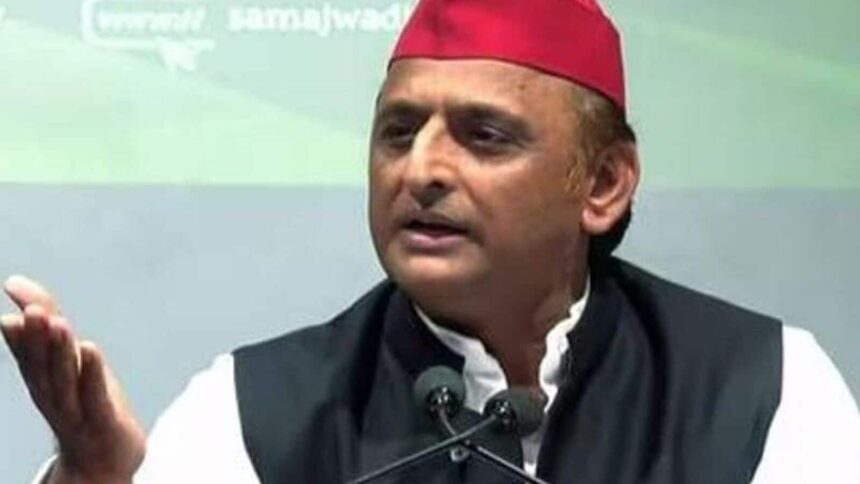The Controversy of Excavation: Historical Discoveries and Political Tensions in Uttar Pradesh
In recent weeks, the political landscape of Uttar Pradesh has been captivated by a heated debate surrounding archaeological excavations at historical sites. Led by controversial remarks from Samajwadi Party chief Akhilesh Yadav, the focus of this dialogue highlights not only the significant discoveries being made but also the political implications entwined with these excavations.
The Unveiling of History
Interestingly, the discussion was ignited after a remarkable find by the Archaeological Survey of India (ASI) — a 250-foot-deep stepwell dating back to the 1857 revolt era, uncovered in the Laxman Ganj area of Uttar Pradesh. This discovery is a part of a broader archaeological survey that aims to explore the historical underpinnings of the region. According to District Magistrate Rajendra Pensiya, the baoli spans an area of 400 square meters and features intricate design elements like marble floors and multiple chambers, indicating the craftsmanship of the era.
This archaeological treasure trove, which is speculated to be over 150 years old, comes in the wake of recent attempts to reopen a Shiv-Hanuman temple that had been closed for 46 years, signaling a resurgence in local heritage and religious significance.
Political Repercussions and Criticism
Amidst the excitement over these historical findings, Akhilesh Yadav has made headlines by associating these excavations with a sense of political irony and critique. He provocatively claimed that there may be a ‘Shivling’ beneath the Chief Minister Yogi Adityanath’s official residence, suggesting that the government should consider excavating there as well. His comment raises an intriguing question about the ideological motivations underlying these archaeological endeavors.
Yadav’s statement also touched upon the broader legislative context, referencing the Places of Worship Act, which aims to preserve the status quo of religious places as they existed on August 15, 1947. "Digging everywhere will not get us to any solution," he remarked, referencing the act while cautioning against the potential upheaval these excavations may cause. He further asserted that relentless digging may lead to political turmoil, indicating a belief that the government might endanger its own stability in pursuit of historical artefacts.
The Intersection of History and Politics
The ongoing excavation debate emphasizes a critical junction in Uttar Pradesh’s sociopolitical fabric where history intersects with modern governance. The reclaiming of historical narratives has often been politicized, especially in a richly diverse state like Uttar Pradesh, where cultural identities are deeply entrenched. Historical excavations are not merely about uncovering the past; they can also serve as vehicles for asserting political power and social legitimacy.
Moreover, the debate reflects broader issues of governance, public interest, and the role of archaeology in contemporary politics. Claims and counterclaims about the importance of these findings can easily become tools for political maneuvering, particularly in a state that has a complex relationship with its historical legacy and religious sentiments.
Conclusion
As the excavation efforts continue and more historical treasures emerge from the soil of Uttar Pradesh, the region finds itself at a crossroads, wrestling with the implications of its rich past and its present political dynamics. The discoveries offer opportunities for understanding the historical narrative of the subcontinent, but they also generate significant controversy and debate.
The recent observations by Akhilesh Yadav highlight a critical dialogue on how the pursuit of history can engender political consequences. In navigating the balance between preserving cultural heritage and maintaining a stable political environment, Uttar Pradesh stands as a vivid example of the multifaceted relationship between history and politics in India today. Moving forward, it’s essential for leaders and communities to engage thoughtfully with the past to ensure a cohesive future for all constituents.










